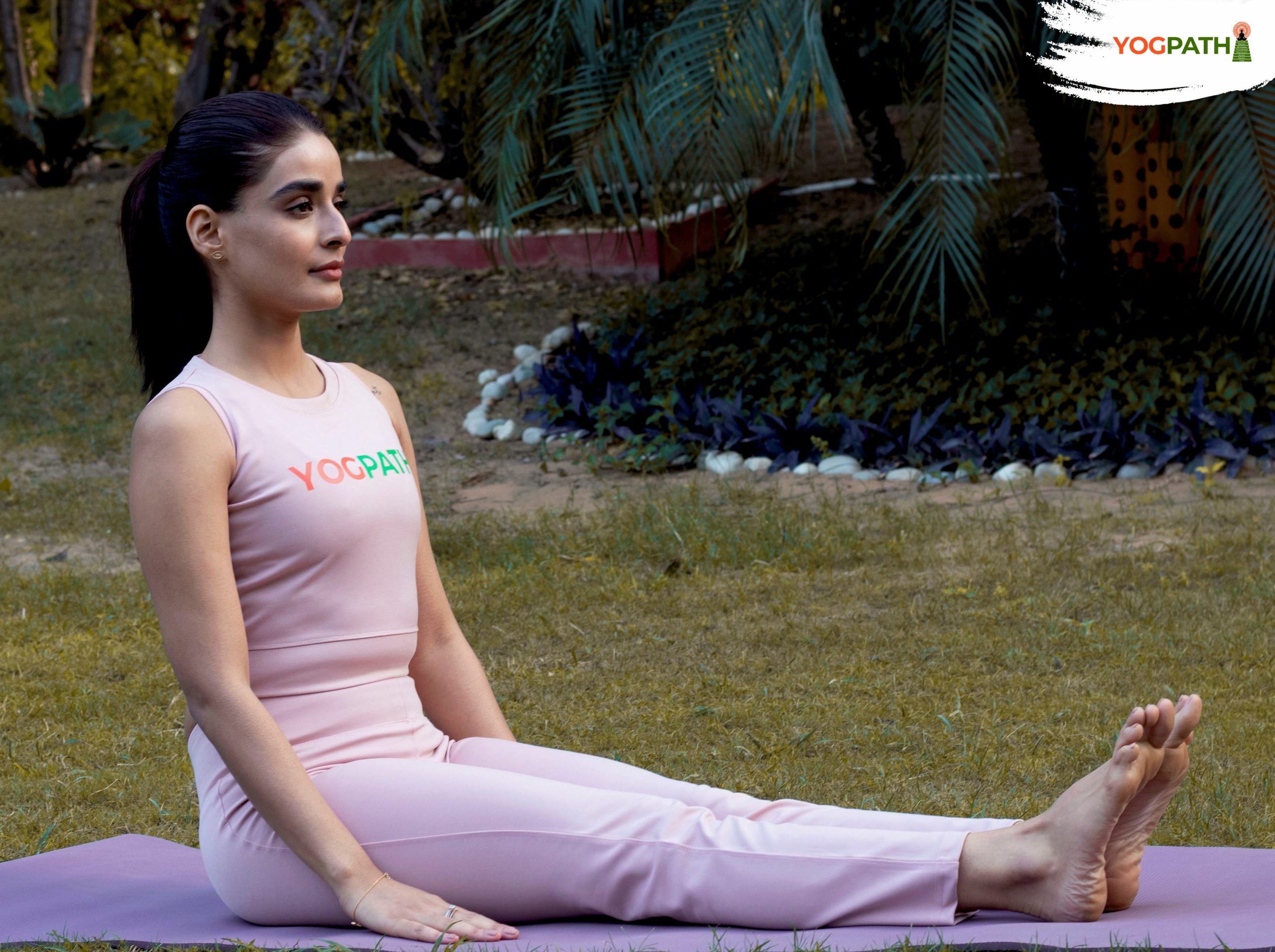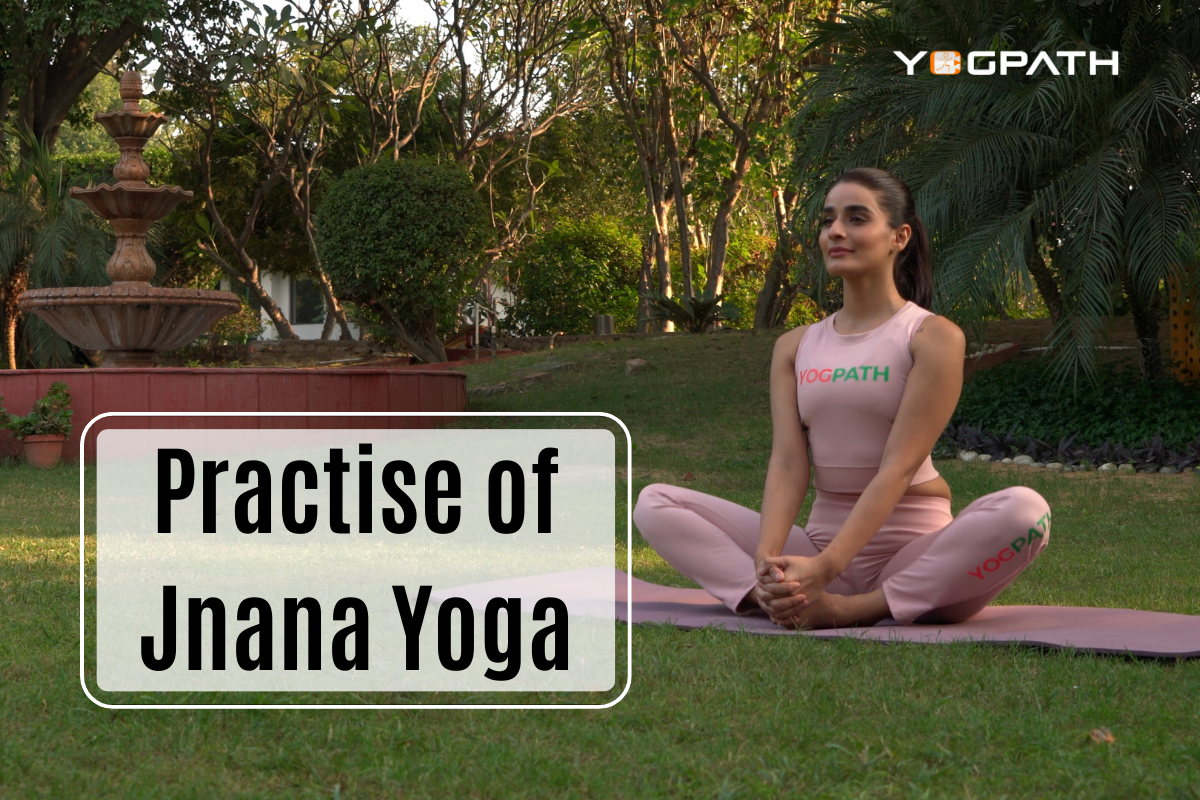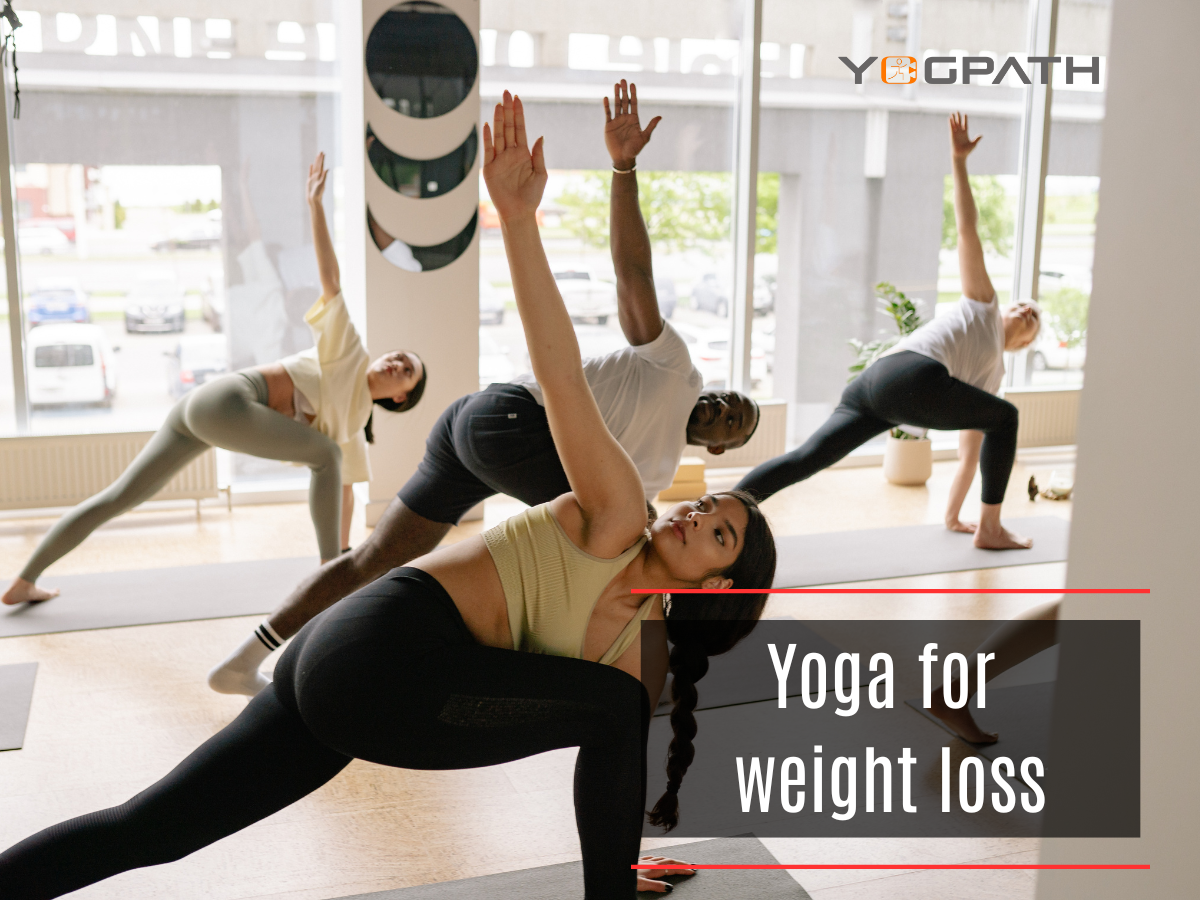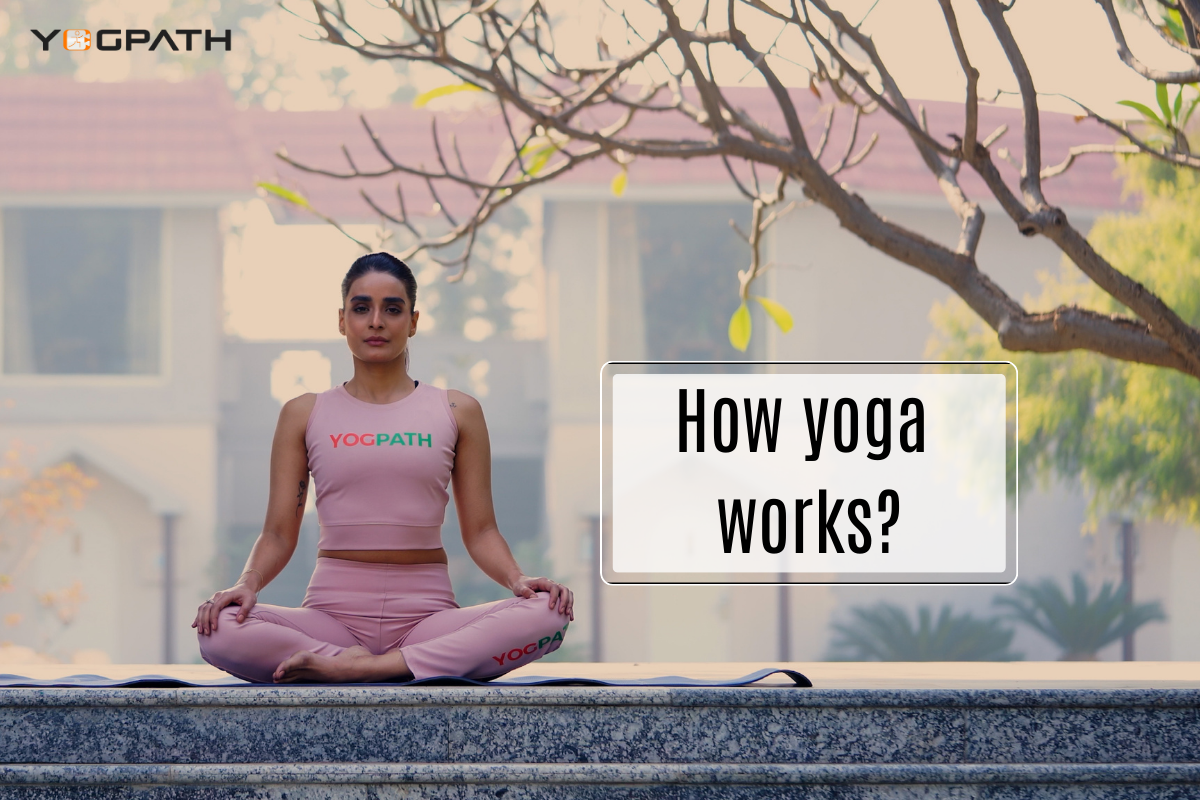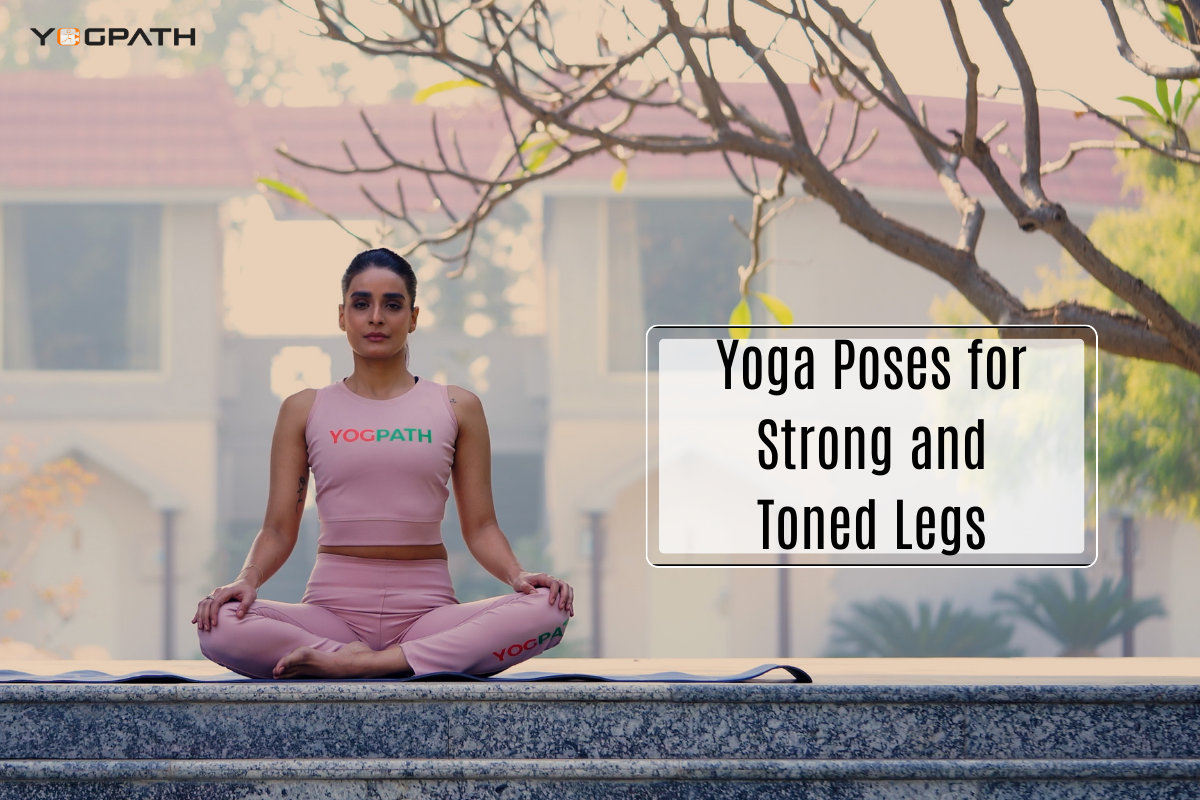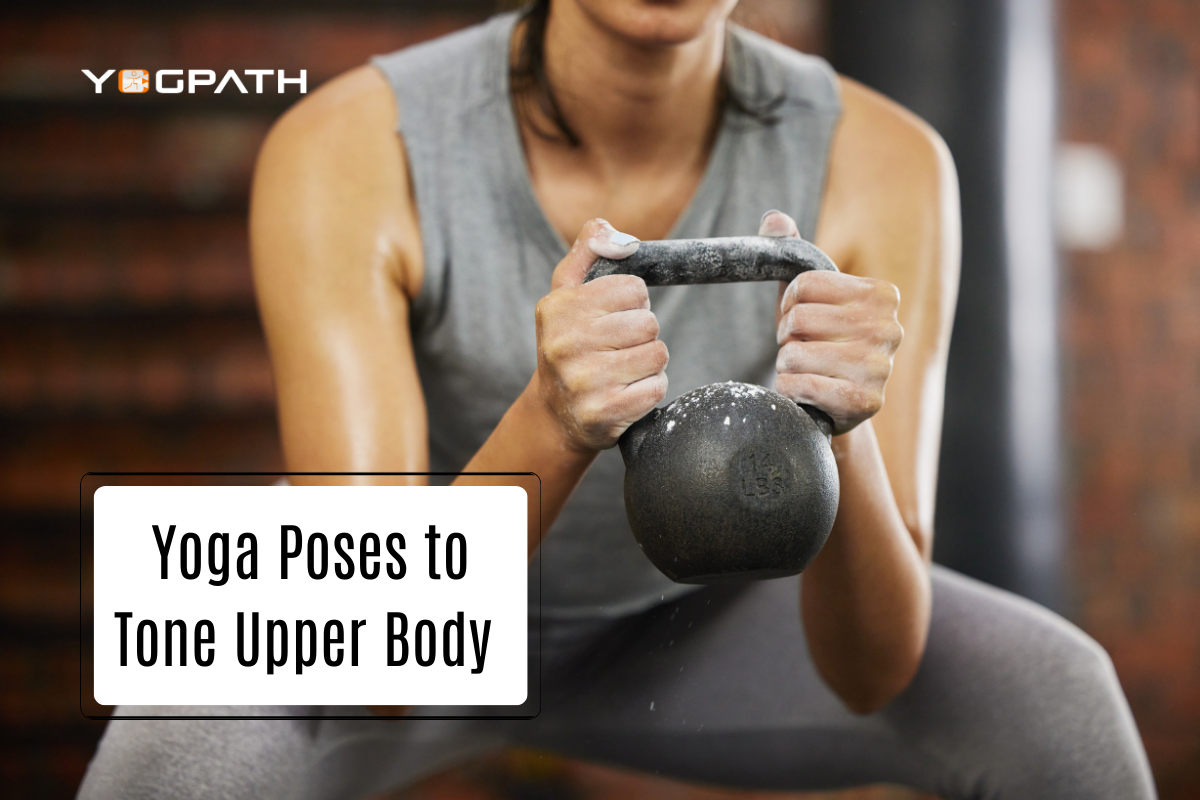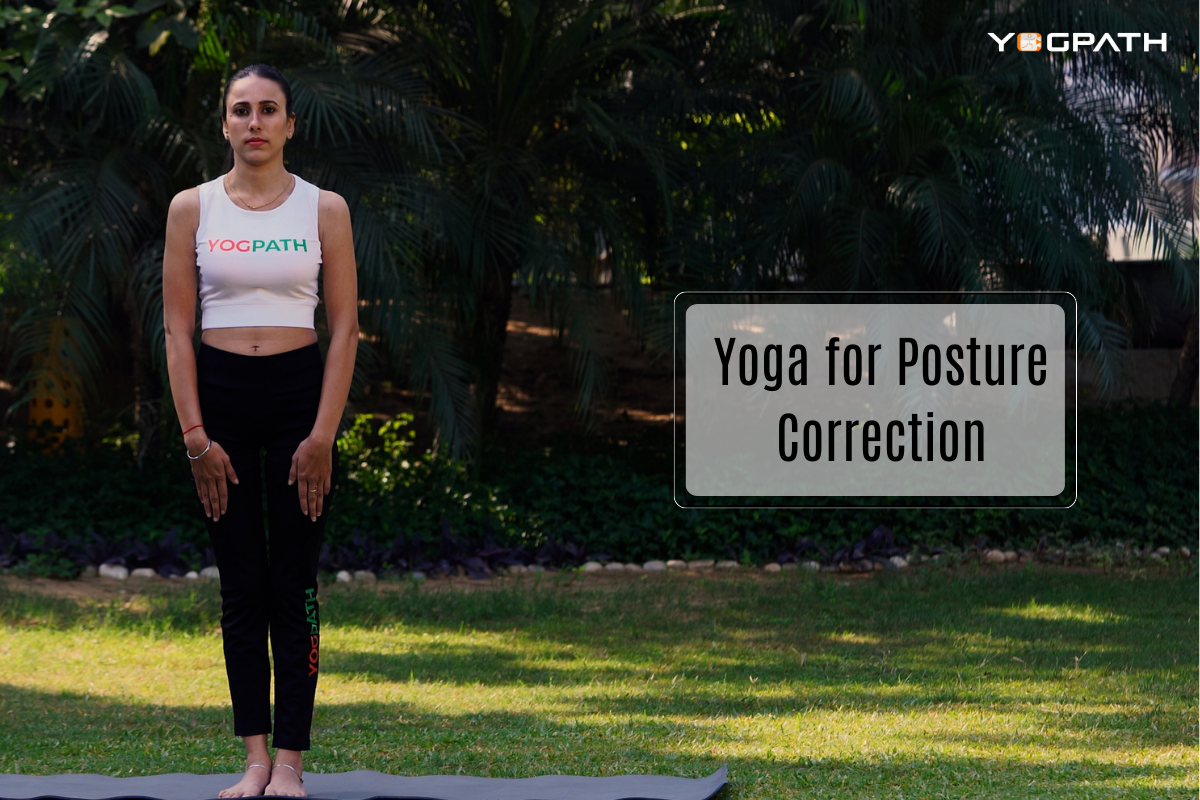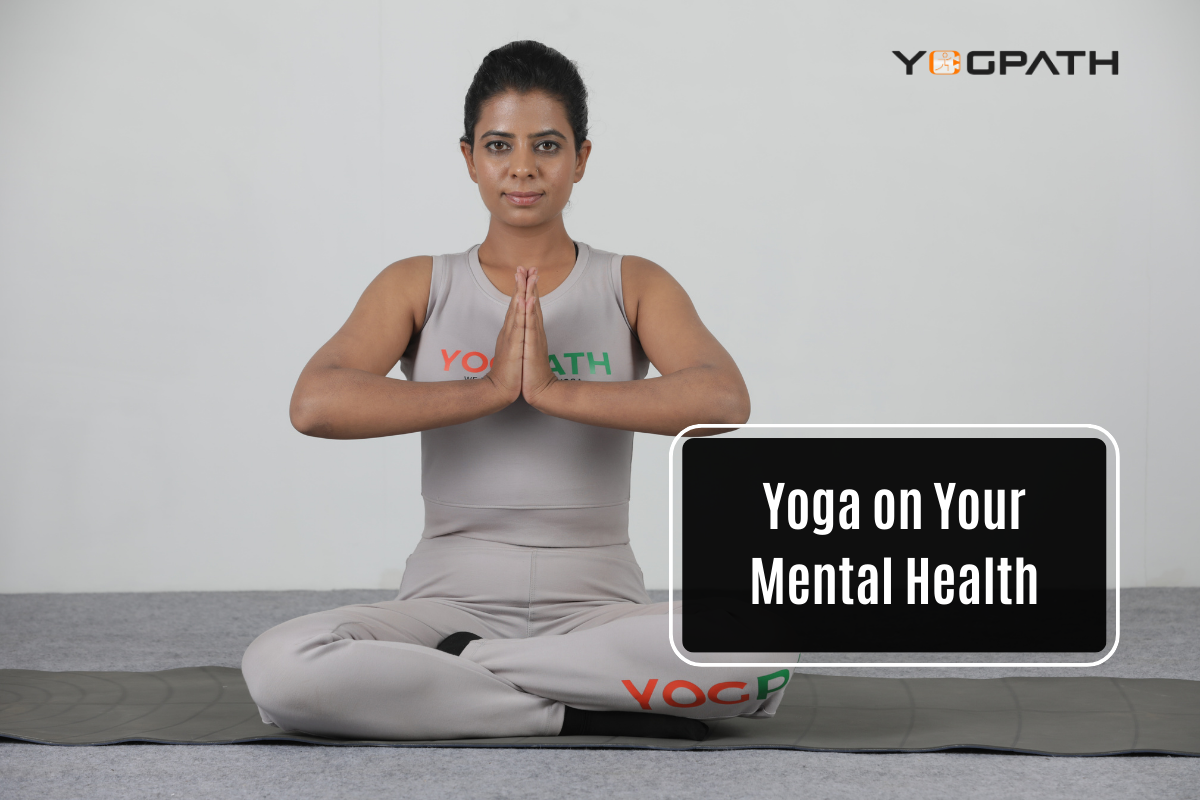
Yoga for Mental Health
Yoga is an ancient practise that combines physical postures with controlled breathing and mental concentration to improve overall health and well-being. It has long been recognised for improving one’s physical health in a variety of ways (including flexibility, stamina, and circulation), but its significance to one’s emotional and mental well-being is only now being fully appreciated.
For good reason, self-care is currently trending; as the pace of life continues to quicken all around us, it’s more important than ever to take a step back and assess how we’re doing emotionally and psychologically.
The practise improves our emotional and psychological mental health
- Effective in reducing stress and anxiety
- Reducing Sadness
- Promoting better sleep
- Conquering Tiredness
- Decreasing stress
- Improving focus
- Increasing tolerance
You can up your game by taking advantage of meditation’s many brain-boosting advantages like mental health. The stress hormone cortisol is reduced and studies show that this has a positive effect on focus and concentration.
Anxiety, stress and depression are often inter-linked i.e mental health. Because of the wide variety of symptoms, everyone’s experience with mental illness is different.
- Physical sickness
- Difficulty breathing
- Acts of impulsive emotion
- Irritability and inability to sleep
- Troubles with one’s body
- Coping strategies such as addictions
Practicing yoga and meditation for mental health
To the contrary of what stress, anxiety, and depression do to you, yoga and meditation bring about relaxation. They strengthen our capacity for inner calm, which is key in dealing with stress. The mind can be distracted from the trigger and a calming biological reaction can begin with a simple pause to breathe, meditate, or stretch.
The parasympathetic nervous system (the “rest and digest” response) is activated by particular yoga and meditation practises, specifically those that focus on the vagus nerve.
These easy techniques heighten our sense of body-awareness, making it possible to spot shifts and early warning signs of mental health problems. How? One method is by instructing us to focus on the here and now rather than fretting over what has happened or might happen in the future.
And… serotonin, also known as “the happy hormone,” is released at a higher rate during physical activity. As a result, improving our mental health has a beneficial impact on our physical health, and vice versa; we can achieve mental and physical calm by simply moving and relaxing our bodies.
This can help us keep our inner equilibrium and raise our experience of daily life even when the world around us feels out of whack, unequal, or low. And we can access it whenever and wherever we like.
The physical benefits are often overemphasised. Its’s physical benefits, such as toning and strengthening the body, are well-known, but for many practitioners, the practise is more about the mental health benefits. Many advocates present yoga as an active alternative to sitting meditation.
Read on to discover how regular yoga practise can benefit your mental health and body.
1) Reduces Stress
Long-term stress has been linked to everything from hypertension to type 2 diabetes. The stresses of work and family life are inevitable for most people, so it’s important to learn how to cope with them on the inside. Many people find that yoga’s emphasis on breathing and regular exercise helps them feel more at ease and better able to deal with the stresses of daily life. People who practise yoga often report feeling less stressed as a result of improved ability to deal with the stresses of daily life.
2) Enhances Capacity to Focus
Everybody has a laundry list of things to do these days. When there are only so many hours in the day, it can seem hopeless to get everything done. You may be feeling like you can’t get enough done between work and family. Yoga’s calming effects on mental health at various points throughout the day are responsible for its widespread popularity as a means of improving focus. It’s not easy to get things done effectively when you’re frazzled and stressed out about everything you have to do.
Taking twenty or thirty minutes out of your day for yoga may seem counterintuitive, but it can actually boost your productivity.
3) Reduces Anxiety and Depression
Anxiety and depression, in contrast to more common forms of stress, are not always alleviatable by making adjustments to one’s environment or social circle. Professional help is usually required for episodes of acute anxiety and depression. Yoga is something that some doctors may recommend. PTSD and other severe mental health disorders are increasingly being recommended to yoga practitioners for two main reasons.
The practise of yoga has many positive health effects. Many people find that maintaining a consistent exercise routine helps keep their bodies healthy, which in turn improves their mental state.
Also, many people report that practising yoga has helped them feel less anxious and more in command of their lives. Yoga may not be a miracle cure for anxiety and depression, but it can help people cope with their symptoms on a daily basis.
4) Releases helpful brain chemicals
Most forms of physical activity cause the brain to produce chemicals that make us happy. Dopamine, serotonin, and norepinephrine are just a few examples of the neurotransmitters in the brain that work to improve one’s disposition. Even though yoga is practised at a slow and steady pace, it still manages to get your heart rate up, work your muscles hard, and release feel-good chemicals in your brain. Therefore, yoga has the potential to boost your mood.
5) Improves quality of sleep
Research suggests that yoga can improve sleep. The elderly may be particularly affected by this. Participants over the age of 60 who practised yoga reported improved sleep quality and duration in one study. They improved their sleep efficiency, defined as the ratio of time spent in bed to time spent sleeping.
6) Improves one’s social life
Yoga classes in person have the potential benefit of group interaction. The health of both mind and body can benefit from close relationships. Additionally, there are special social benefits to working in harmony with others, also known as synchrony. If you want to feel more connected to the people around you, try matching their pace and breathing.
7) Encourages the development of additional beneficial habits
Yoga practitioners may be more inclined to make healthy food selections. In addition to helping people feel better about themselves, yoga may also encourage them to try new forms of exercise. Conversations with like-minded individuals can serve as a powerful motivator for adopting a healthier way of life.
Yoga may also help with other health goals, such as weight loss, smoking cessation, and chronic disease management. Your mileage may vary, of course. The effectiveness of your yoga practise can be affected by your mindset, the calibre of your teacher, and the nature of the yoga being practised.
Which Yoga Practice Is Ideal?
Yoga newbies often feel lost when trying to enrol in classes at a studio for the first time. It can be challenging to figure out which yoga practise or class will suit you best.
The American Psychological Association suggests that Hatha yoga, which emphasises simple postures and deep breathing, can help alleviate stress and lessen the impact of mental health issues like anxiety, depression, and post-traumatic stress disorder.
Mindfulness meditation and other forms of yoga have similar mental health benefits. All kinds of yoga, including Vinyasa, Ashtanga, power, and Bikram, are easily accessible. You should test out a few different options to find the one that suits you best.
Contrary to popular belief, yoga is not just a fad. For many, it is a way of life, and its foundational ideas date back hundreds of years.
Give it a shot and see if it has a positive effect on your mood and mental health. In search of a happier and more productive you, a new routine in your daily life could be just what the doctor ordered.


